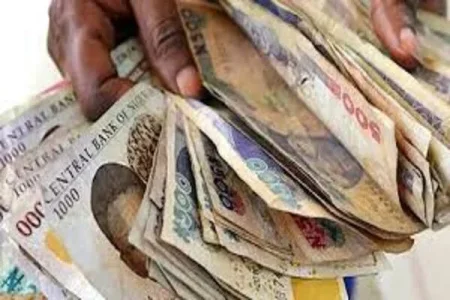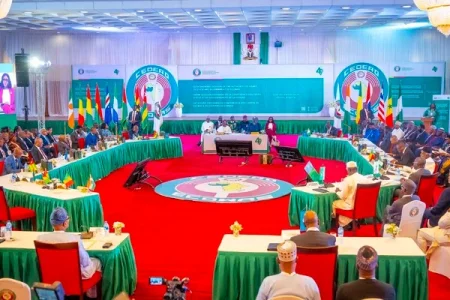
Several African nations, including Tunisia, Libya, and Morocco, boast stronger currencies than Nigeria's Naira. The strength of these currencies is attributed to robust exports, sound fiscal management, and diversified economies. In contrast, Nigeria’s currency struggles with inflation and foreign exchange challenges, affecting its economic stability.
In recent years, the Nigerian Naira has experienced a notable decline in value, a reflection of broader challenges such as inflation, foreign exchange shortages, and economic instability. However, despite the struggles of the Naira, many African countries have managed to maintain relatively stronger currencies, signaling stable economies, efficient fiscal policies, and robust trade activities.
According to recent data, countries like Tunisia, Libya, and Morocco boast some of the most powerful currencies in Africa. For instance, the Tunisian Dinar (TND) holds an impressive value, standing at approximately 494.83 Naira per 1 TND. Similarly, the Libyan Dinar (LYD) and Moroccan Dirham (MAD) are far stronger than the Naira, with exchange rates of 319.10 and 159.57 Naira, respectively.
Other nations with stronger currencies include Botswana, with the Botswana Pula (BWP) valued at 112.56 Naira per 1 BWP, and Seychelles, where the Seychellois Rupee (SCR) is equivalent to 105.50 Naira.
A deeper dive reveals that a diversified economy, sound monetary policies, and robust exports contribute to the strength of these currencies. Countries such as Ghana, South Africa, and Egypt have shown resilience in maintaining relatively strong currencies against the backdrop of a global economic slowdown.
Experts point out that countries like Egypt and Kenya have capitalized on sectors such as agriculture, oil, and tourism to stabilize their economies, which directly impacts the strength of their currencies.
While the Naira continues to struggle, these nations’ examples serve as valuable lessons in economic management and the importance of a strong currency in maintaining national stability and fostering economic growth.




